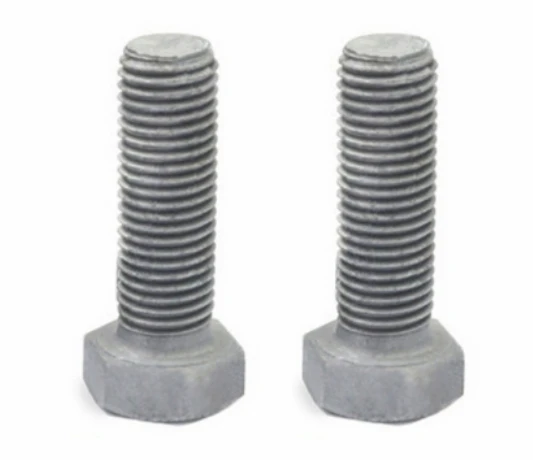

self tapping screws for metal building
Nov . 14, 2024 11:04 Back to list
self tapping screws for metal building
Self-Tapping Screws for Metal Buildings Essential Fasteners for Construction
In the realm of construction, especially when dealing with metal buildings, the choice of fasteners is crucial. Among various types of fasteners, self-tapping screws have gained prominence due to their efficiency and reliability. This article delves into what self-tapping screws are, their advantages, types, and why they are particularly suitable for metal building applications.
Understanding Self-Tapping Screws
Self-tapping screws are specialized fasteners designed to create their own hole as they are driven into materials. Unlike traditional screws that require pre-drilled holes, self-tapping screws feature a sharp point and specifically designed threads. These screws can tap into metals, plastics, and wood, making them versatile and invaluable, especially when working with various substrates.
Advantages of Self-Tapping Screws
1. Time Efficiency One of the primary advantages of self-tapping screws is their ability to save time during installation. Because they do not require pre-drilling, contractors can complete projects more quickly, leading to lower labor costs and improved productivity on the job site.
2. Cost-Effectiveness By reducing the need for additional drilling tools and equipment, self-tapping screws can also contribute to lower overall project costs. Their efficiency in application also means that fewer screws may be needed for the same result, further enhancing savings.
3. Strong and Secure Fit Self-tapping screws create a tight fit within the material they are driven into, which is particularly important for metal buildings subjected to various stresses such as wind, snow, and other environmental factors. The design ensures that the screws resist loosening over time.
4. Versatility Self-tapping screws can be utilized across different materials, including various gauges of metal, thereby making them suitable for diverse applications in metal building construction. From joining structural components to securing sheathing and roofing, they serve multiple functions.
Types of Self-Tapping Screws
Several types of self-tapping screws are specifically designed for metal applications
. Understanding these can help contractors select the best option for their project1. Type A Screws These are designed for use in thin metals (galvanized steel, aluminum). They have a sharp point and coarse threads, ideal for securing sheets together.
self tapping screws for metal building

2. Type B Screws Suitable for heavier materials, Type B screws feature finer threads, allowing for a secure hold in thicker metal substrates.
3. Type AB Screws These screws combine characteristics of both Type A and B, making them versatile for varying metal thicknesses.
4. Self-Drilling Screws Known as Tek screws, these have a drill bit tip that enables them to penetrate thicker materials without pre-drilling, making them particularly efficient for structural applications.
Best Practices for Using Self-Tapping Screws
To maximize the benefits of self-tapping screws, it is essential to adhere to best practices during their application
- Pre-Select the Right Size Choosing the appropriate screw size for the material thickness is critical. Consult manufacturers' guidelines for recommendations based on the gauge of the metal being used.
- Proper Torque Settings Use appropriate torque settings to avoid stripping the screw heads or breaking the screws.
- Surface Preparation Ensuring that the metal surfaces are clean and free from debris can enhance the screw's ability to create a solid hold.
- Regular Inspections Periodically check the integrity of the fastening, particularly in high-stress areas, to ensure the long-term stability of the metal building.
Conclusion
Self-tapping screws serve as a cornerstone of modern metal building construction. With their ability to simplify installation, reduce costs, and provide a strong, durable fit, they meet the demands of contractors in today’s fast-paced construction environment. By understanding the types of self-tapping screws available and adhering to best practices, builders can ensure the structural integrity and longevity of their metal buildings.
Latest news
-
Hot Dip Galvanized Bolts-About LongZe|High Strength, Corrosion Resistance
NewsJul.30,2025
-
High-Strength Hot Dip Galvanized Bolts - Hebei Longze | Corrosion Resistance, Customization
NewsJul.30,2025
-
Hot Dip Galvanized Bolts-Hebei Longze|Corrosion Resistance&High Strength
NewsJul.30,2025
-
High-Strength Hot-Dip Galvanized Bolts-Hebei Longze|Corrosion Resistance&High Strength
NewsJul.30,2025
-
Hot Dip Galvanized Bolts-Hebei Longze|Corrosion Resistance&High Strength
NewsJul.30,2025
-
Hot Dip Galvanized Bolts - Hebei Longze | Corrosion Resistance, High Strength
NewsJul.30,2025

